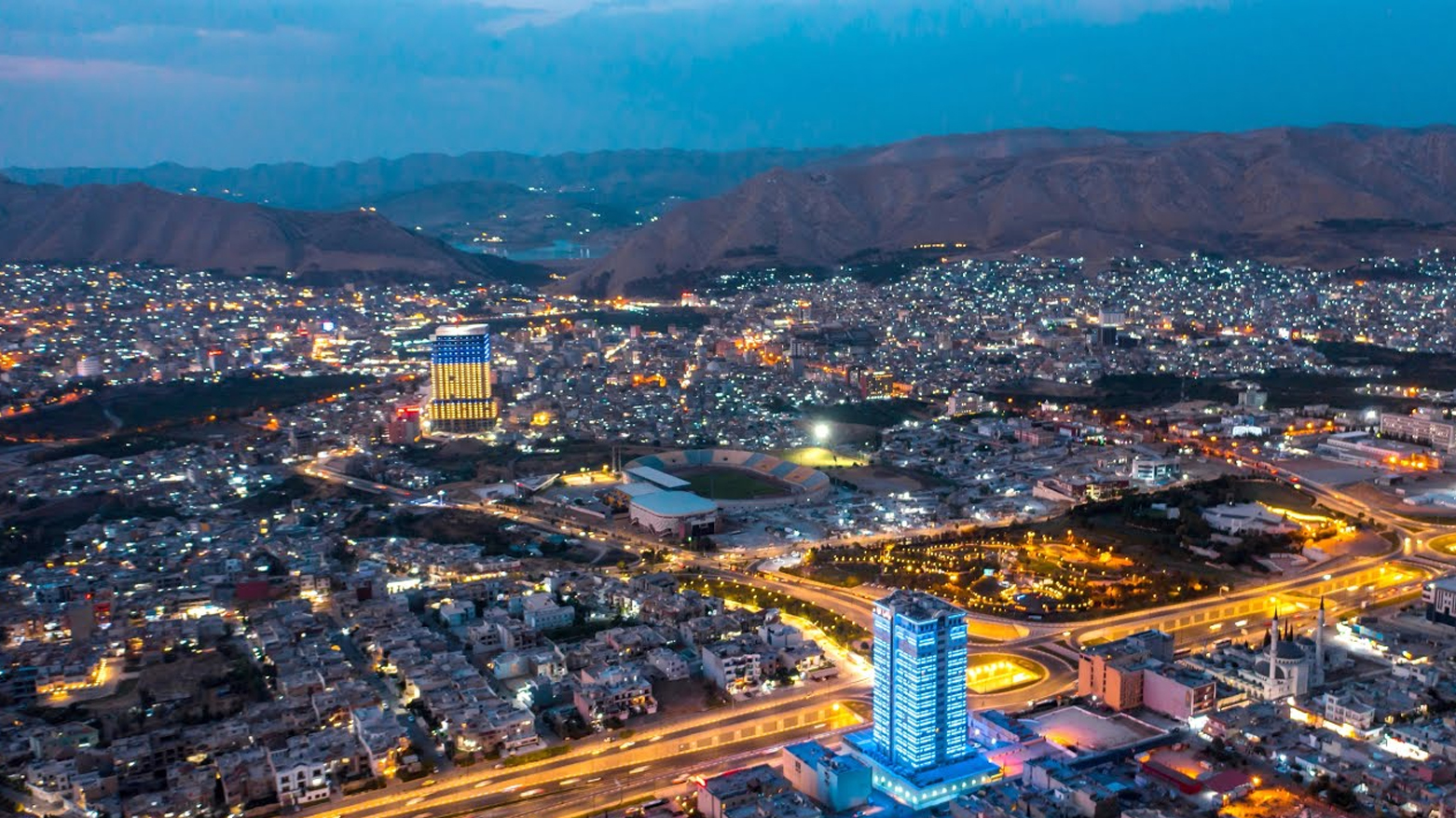Runaki Project Debuts in Duhok with Nonstop Power Pilot
The directorate emphasized that this temporary test seeks to identify and address potential shortcomings within the distribution systems, under the direct supervision of the Ministry of Electricity.

ERBIL (Kurdistan24) – In a significant stride toward modernizing the Kurdistan Region's energy infrastructure, the Duhok General Electricity Directorate has launched a three-day experimental phase of uninterrupted 24-hour electricity in central Duhok. This initiative is a pivotal component of the Kurdistan Regional Government's (KRG) expansive "Runaki Project," which aspires to deliver round-the-clock power to the entire region by the end of 2026.
Commencing at 1:00 PM on Sunday, March 23, and extending through Wednesday, March 26, this 72-hour trial aims to evaluate the resilience and efficiency of Duhok's power distribution network under continuous load conditions.
The directorate emphasized that this temporary test seeks to identify and address potential shortcomings within the distribution systems, under the direct supervision of the Ministry of Electricity.
The "Runaki Project," unveiled by KRG Prime Minister Masrour Barzani on October 17, 2024, represents a landmark effort to overhaul the region's electricity infrastructure. The project's pilot phase commenced in Erbil's Shadi neighborhood, where residents and businesses reported high satisfaction with the provision of 24-hour electricity. Building on this success, the initiative has expanded to additional neighborhoods in Erbil, including Bahari Nwe, Naznaz, Bakhtiari, and Sarbasti, collectively serving thousands of subscribers.
In Duhok, the project has already been implemented in areas such as the Amedi district and the Duhok market, serving as model districts for the initiative. The current trial in central Duhok signifies the project's progression into its next phase, with plans to extend continuous electricity to surrounding towns, rural areas, and the independent Zakho administration.
The KRG's ninth cabinet has prioritized the enhancement of essential services, with the "Runaki Project" standing as a cornerstone of these efforts. Beyond providing uninterrupted power, the project aims to reduce reliance on private diesel generators, which have been associated with environmental pollution and economic burdens on residents. Notably, the project's implementation in Erbil has led to the shutdown of approximately 400 private generators, a reduction comparable to removing over 60,000 vehicles from the road in terms of environmental impact.
The project's pricing structure aligns with global standards while considering the income levels of citizens. It introduces mechanisms to support low-income families and middle-class consumers who use moderate amounts of electricity, ensuring affordability and equitable access. Additionally, the initiative is expected to decrease excessive energy consumption, extend the lifespan of electrical appliances, and enhance household safety by reducing the risk of electrical fires.
Duhok’s electricity trial marks a critical milestone in the KRG’s commitment to upgrading public services and modernizing energy delivery systems across the region. If successful, the model established in Duhok will serve as a blueprint for similar implementations in other cities and districts, propelling the Kurdistan Region toward sustainable energy independence.
The Directorate has urged residents to provide feedback during the testing phase and has assured the public that engineers and technical teams will be on standby around the clock to monitor performance and respond to any issues that arise during the trial.
As the Kurdistan Region continues its path toward infrastructure modernization, the Runaki Project stands out as a symbol of progress, innovation, and a long-term commitment to improving the daily lives of its citizens through access to reliable, 24-hour electricity.